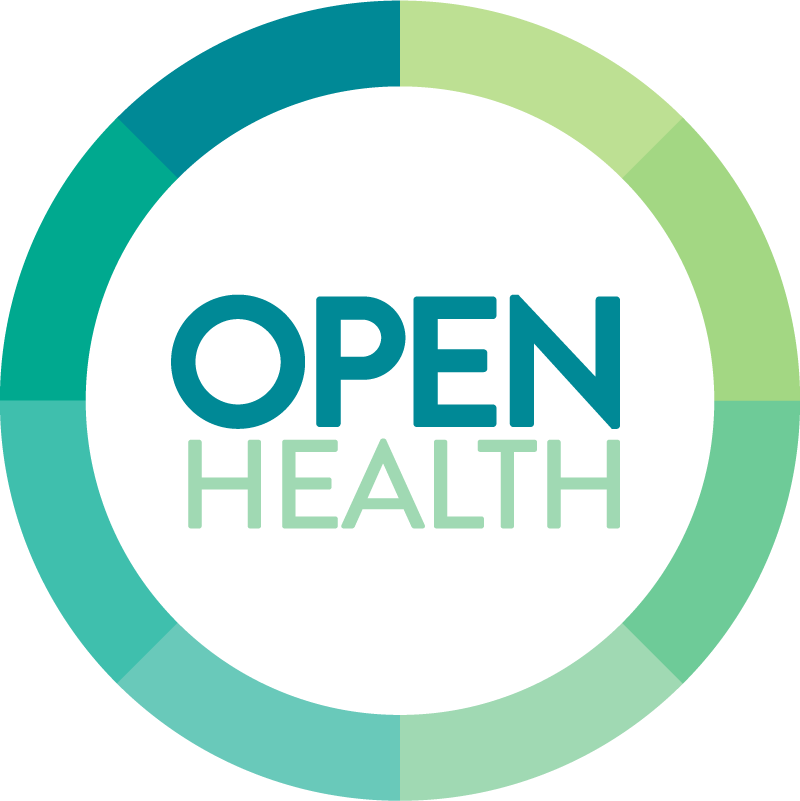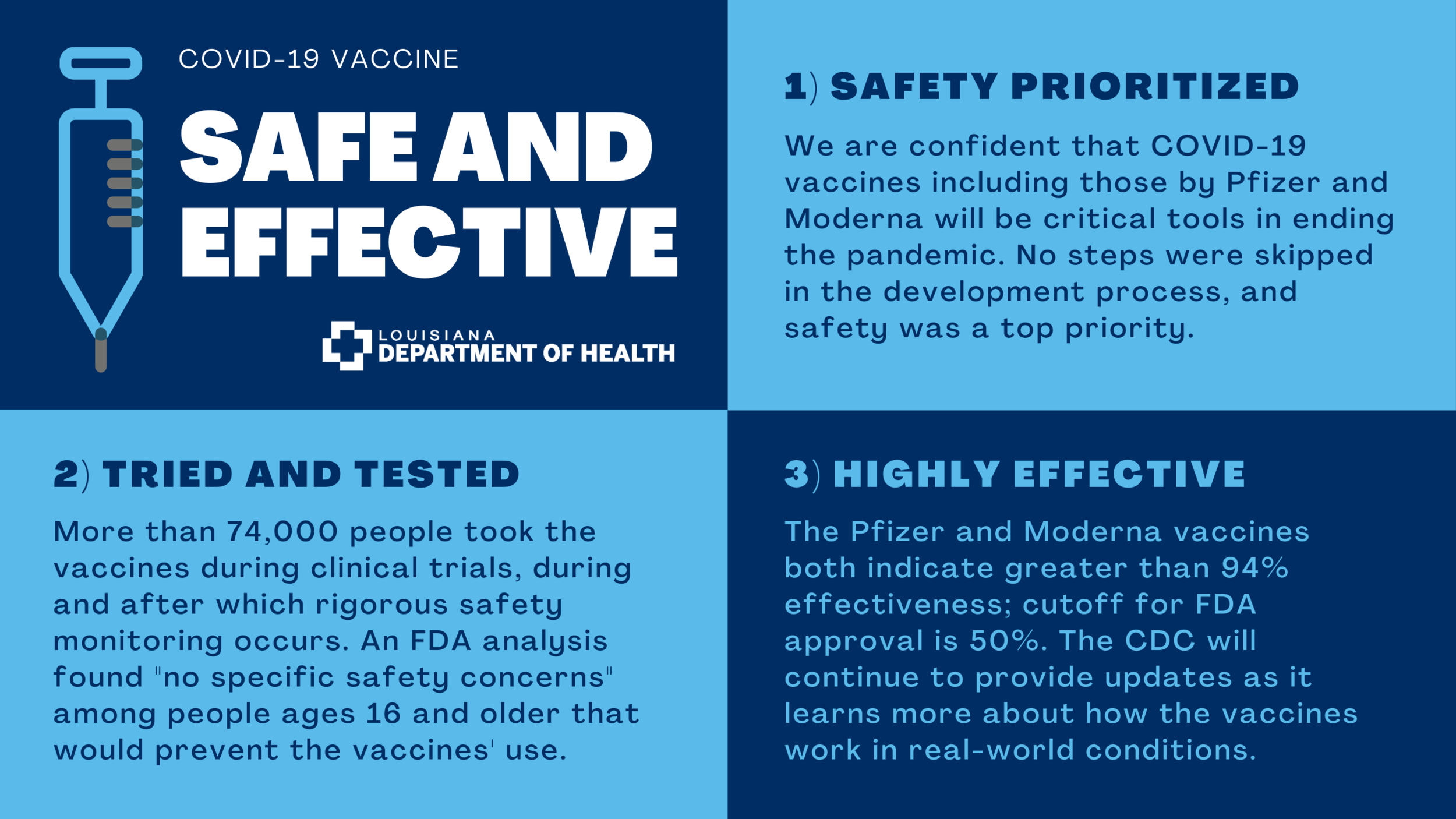Men’s Mental Health
Six million American men suffer from depression every year. Many men attempt to treat mental illness themselves, and in the process, 1 in 5 men eventually develop alcohol or drug abuse. Some try to cut out difficult emotions by attaching their self-worth to the successes in their work and social lives. According to the National Institute of Mental Health, men are 4-times more likely to commit suicide than women.
Stigma about mental health is deadly. Men deny their symptoms because they learn that acknowledging emotional pain is a sign of weakness, and asking for help is shameful. However, depression does not disappear just because we ignore it; when it goes untreated, male depression may appear as insomnia, irritability, needless conflict, somatic complaints, or anger. This is "toxic masculinity": a portrayal of manhood that requires a guy to always be tough, in control, to resist change, and never to be vulnerable. Those who are bound by a toxic masculine self-image often repress their emotions, even pleasant ones. They are more likely to disrespect women, distrust others, be homophobic, and refuse to eat vegetables.
Symptoms of male depression are hard to detect because men hide them. Other medical conditions, such as diabetes or heart disease, camouflage them, as, of course, do alcohol and other street drugs. For older men, a drop in testosterone levels is also associated with symptoms of depression. When men don't bring it up, caregivers may ask about emotional pain, the pain of the heart, with the same attention one might give to a question about a pain in the chest. All pain deserves help.
The truth is that nobody is exempt from experiencing sadness, disappointment, or self-doubt. Men and women are prone to depression and other mental illnesses, such as bipolar disorder, but men are less likely to get help. Manic symptoms of bipolar can lead to poor decision-making and negatively affect your life. 90% of those diagnosed with Schizophrenia in early adulthood are men. Psychosis, like depression, is a brain function, not a character flaw. Hiding your symptoms won't make them go away, don't be ashamed to ask for help.
Lynn Schlossberger, LPC










